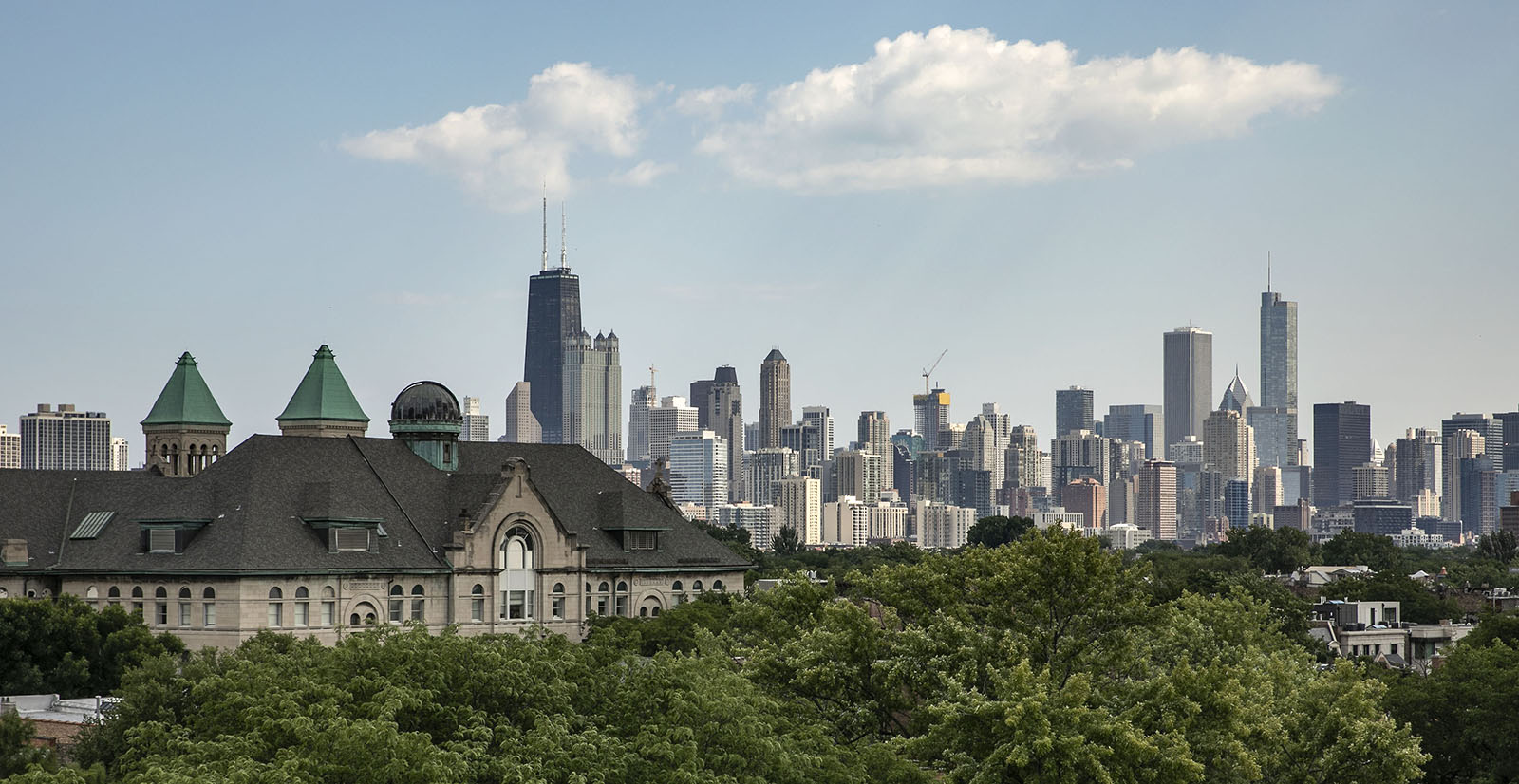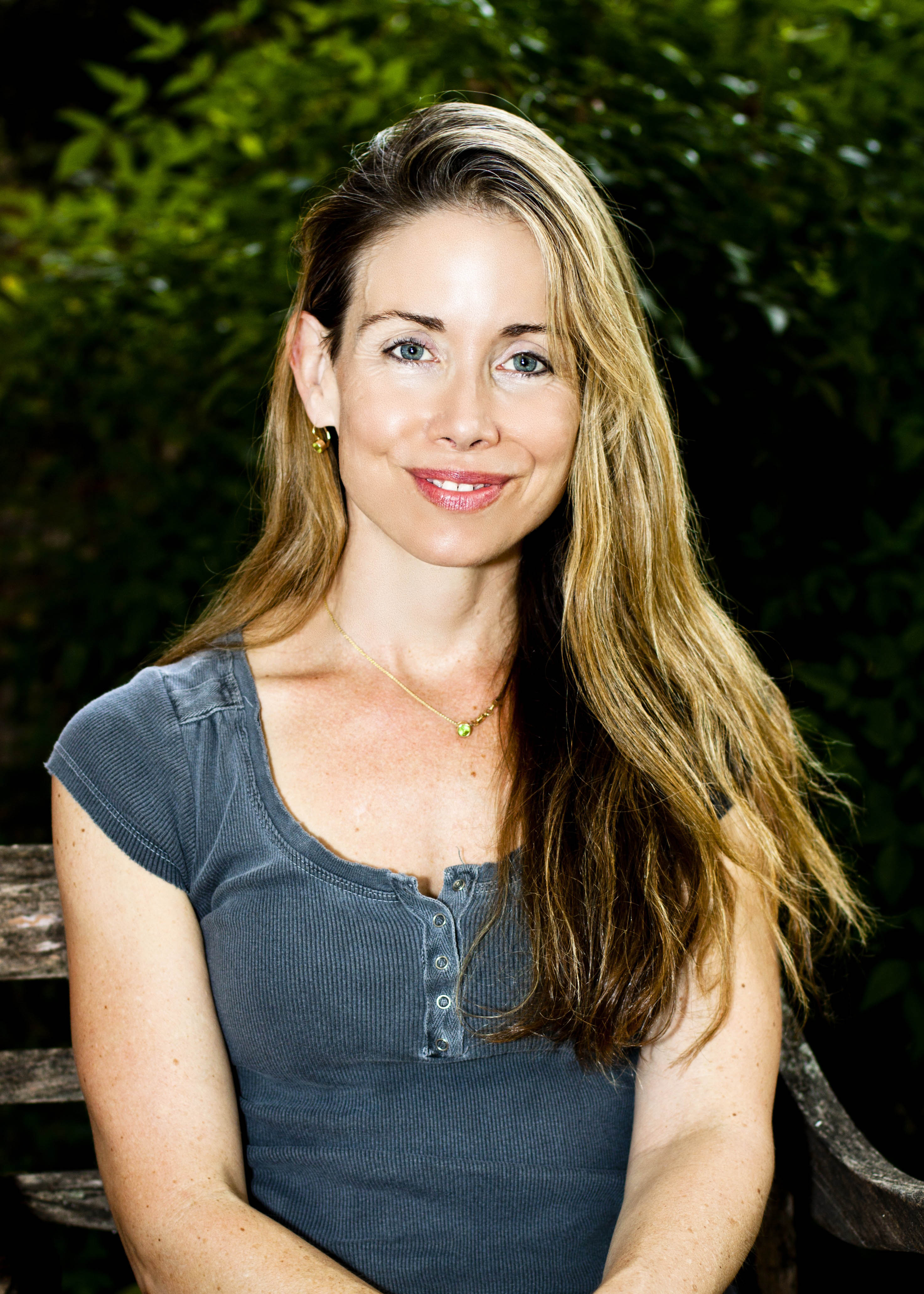 Chicago's vibrant civil society and leadership on policy make it an ideal city to study refugees and migration, according to scholar and DePaul faculty member Kathleen Arnold. (DePaul University/Jamie Moncrief)
Chicago's vibrant civil society and leadership on policy make it an ideal city to study refugees and migration, according to scholar and DePaul faculty member Kathleen Arnold. (DePaul University/Jamie Moncrief)
Political science and immigration scholar Kathleen Arnold has been on DePaul’s faculty for 11 years. This summer, Arnold is stepping into her new role as director for DePaul’s Refugee and Forced Migration Studies program. The author of five books on displacement, poverty and forced migration, Arnold is also a fervent advocate for migrant rights in Chicago. In this Q&A, Arnold discusses how the field of study is shifting to examine climate change, COVID-19 and intersectionality.
You are active in grassroots activism for migrants in Chicago. What are some of the most promising solutions or responses you see happening here and elsewhere?
There is no better place in the U.S. than Chicago to study issues of forced migration, with its vibrant civil society and leadership in progressive migration and refugee policy. The 1980s faith-based sanctuary movement began in Chicago, bringing awareness to the fact that Central American migrants were in fact refugees. The leadership in this movement brought about policy change, created key institutions and services, and continue to advocate for migrant rights, broadly conceived.
Illinois, Cook County and Chicago have led the country with progressive legislation protecting migrants from unconstitutional treatment by migration agents. Our community has also been a leader in refugee resettlement and asylum adjudication. At the same time, the rich diversity of groups supporting various communities and their alliances with one another make this city truly a place to find the global in the local. DePaul’s Vincentian mission, combined with its history of community service, sanctuary advocacy, and social justice orientation, make this university uniquely positioned to provide a rich environment for the
Refugee and Forced Migration Studies program.
 Kathleen Arnold is the new director of the Refugee and Forced Migration Studies program at DePaul. (Image courtesy of Kathleen Arnold)
Kathleen Arnold is the new director of the Refugee and Forced Migration Studies program at DePaul. (Image courtesy of Kathleen Arnold)
We see news almost every day about crises involving refugees and migrants—including those displaced by climate change, and many arriving at the U.S. border. What are some of the most pressing issues you see refugees and migrant studies scholars addressing?
Even with new U.S. leadership, there is a lot of concern about detention conditions in countries to which refugees flee, particularly in the global north where treatment is punitive. There is quite a lot of concern about “boat people” in the Mediterranean. COVID-19 has become a pretext for turning boats away in the Mediterranean and segregating foreigners in mass camps. Along with increased analysis of climate change, we must also examine hyperbolic language about climate refugees that denies links to our own patterns of consumption and foreign policy.
More researchers are examining the connection between global economics and trafficking, as well as LGBTQIA+ issues in both countries of origin and host countries. Intersectional analyses of these dynamics are becoming more prevalent. Researchers are moving away from the dominant images of migrants and refugees as masculine, single people who are sending remittance back to their families.
Your own writing and research has focused on immigration, displacement and poverty. What are you working on now?
In 2018, I published my fifth book, which is based on the links between the carceral or criminal justice system and migrant policing and detention. The merging of these two systems is called “crimmigration” and indicates a negative trend. First, it involves a loss of rights for jailed citizens, but also a criminalization of foreigners who are often stopped, detained or deported for crimes of status.
At the end of the book, I explore faith-based sanctuary as a resolution to some of these issues. People who request faith-based sanctuary are often forced migrants, and so this subject provides entrée into a range of subjects and offers perspective on individuals with very different stories. Many are calling for policy change at home, to end splitting up families and detention of non-criminal foreigners. I am interested in exposing U.S. foreign and economic policies that foster migration pathways and yet deny responsibility for them, as well as sharing the stories of advocates who are making cities safer for us all.